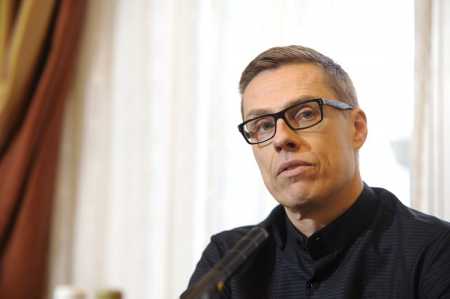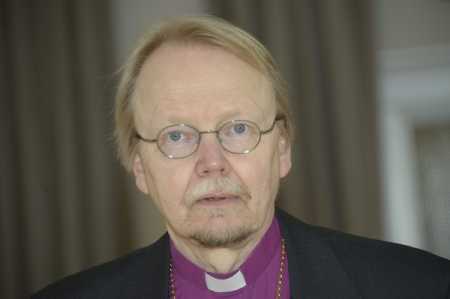|
Fri, 02 Jan, 2015 12:00:08 AM FTimes-Xinhua Report by Juhani Niinisto, Jan 2
While Prime Minister Alexander Stubb talked about "a new welfare policy" that would include "some responsibility of the individual citizen," Kari Mäkinen, the archbishop of the influential Lutheran Church, warned against Finland "becoming a country of successful people" only. The role of charity in welfare system is a key subject. Reformers have not specified what they envisage, but public discussion seems to presume that, in an alternative model, parts of the societal responsibility would be off-loaded to private organizations. Citizens and companies would get tax concessions for giving assistance.
Addressing a gathering of his conservative party late December, Prime Minister Stubb hailed an ongoing project of building a new pediatric hospital in Helsinki partially funded by private donations. While public hospitals in Finland have been almost exclusively tax funded, a campaign has been able to collect 30 million euros (36.5 million U.S. dollars) for the hospital. Direct criticism of the campaign has been rare, but critics have expressed their fear that it will be a precedent for underfunding welfare investments. Hanna Sarkkinen, chairman of the Party Council of the Left League, commented on the speech and said financing based on private contributions would shift powers of decision to the donors. The welfare society should be saved, she said and singled out free-of-charge education as an achievement to defend. She claimed that the conservatives want to change Finland into a society where charities help those in need and not the public service. "If the taxation base is eroded through giving concessions for charitable contributions, how would we then finance needs that are not that attractive", she asked. "Who would pay services for substance addicts and mentally ill? Or services for the overweight diabetes patients?" The archbishop of the four-million-member Lutheran Church Kari Mäkinen warned that those who need help could be dependent on the good will of the rest. Talking to the business daily Kauppalehti in a Christmas interview, Mäkinen described as destructive the line of thought that everyone is "master of his own success". "We must not ask how the economic entity called Finland is getting along, but we must ask how the citizens make ends meet. We should check how the least affluent manage here," he said. The archbishop criticized the dominance of economic terms in social discussion. "One may get the impression that the assessment of the state of a society has been outsourced to international credit rating agencies," said the archbishop. He underlined that life should be viewed on the whole but not only from the economic point of view. "The way the economists see the world is also a way to exert power." However, Prime Minister Stubb said that with the population aging, income from taxation is decreasing and costs are growing. He maintained that there is a deficit in sustainability in the welfare society and that road cannot be continued. More News
|
|
Finland Times
| Monday, 17 November, 2025 |



